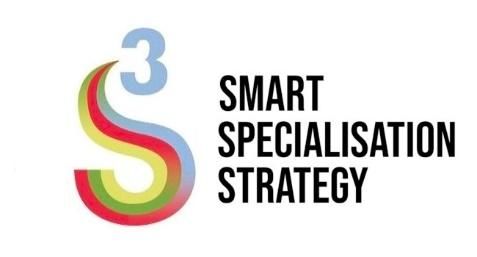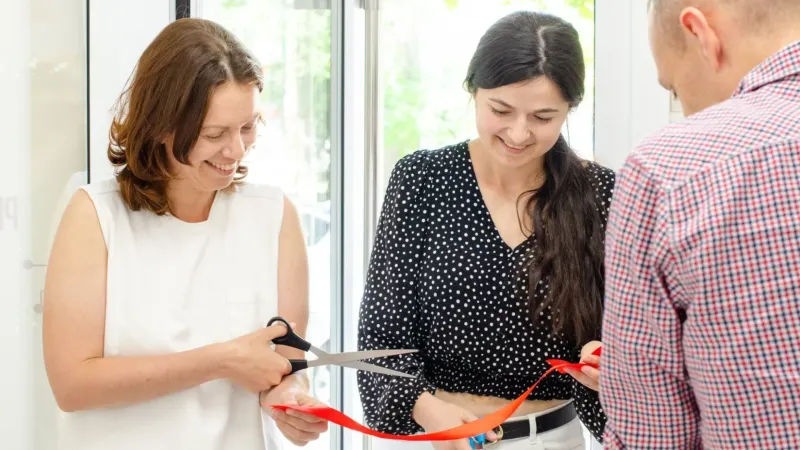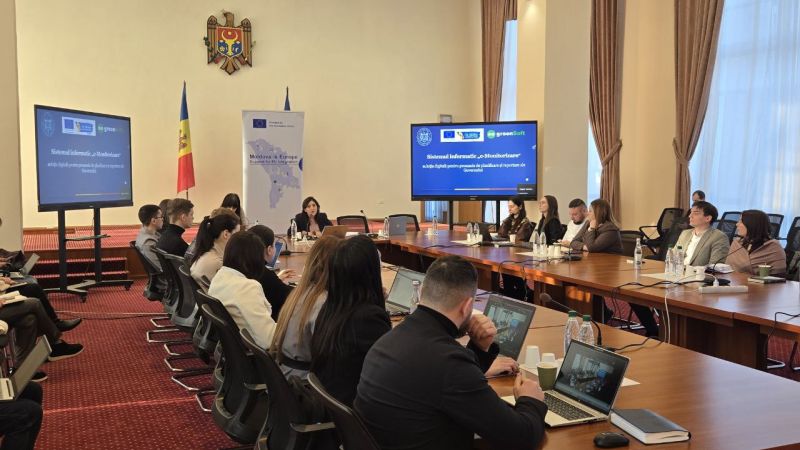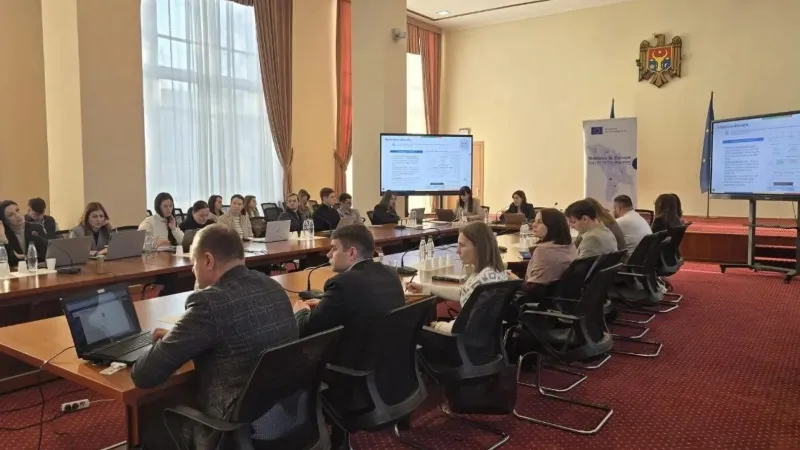
Republica Moldova va avea o strategie de specializare inteligentă, elaborată cu suportul UE
Recent, a fost finalizată elaborarea proiectului Strategiei de specializare inteligentă – documentul de politici care presupune o abordare bazată pe resursele disponibile în cadrul unei țări, ținând cont de provocările socio-economice, aplicată pentru a identifica oportunități unice de dezvoltare și creștere economică. Cu alte cuvinte, specializarea inteligentă înseamnă direcționarea resurselor disponibile pentru cercetare și inovare exact în domeniile unde acestea pot fi valorificate pe deplin – sectoarele economice care reprezintă competitivitate și atractivitate sporită într-o țară, care ulterior vor contribui la creșterea ei economică.
Strategia a fost elaborată cu sprijinul proiectului finanțat de către UE „Misiunea Înalților Consilieri ai Uniunii Europene” în cadrul unui exercițiu participativ amplu, sub egida Ministerului Educației și Cercetării, cu implicarea reprezentanților Ministerelor Economiei, Sănătății, Agriculturii și Industriei Alimentare, Agențiilor de Dezvoltare Regională, Camerei de Comerț și Industrie, antreprenorilor și asociațiilor de business, mediului academic, reprezentanților ai sectorului asociativ. Conceptul Strategiei urmează a fi definitivat în cadrul grupului de lucru inter-instituțional și consultat public.
Potrivit autorilor Strategiei, concentrarea resurselor pe un număr limitat de domenii de excelență/specializare și de investiții prioritare pornește de la ideea că o țară nu poate obține performanțe notabile în toate domeniile științei, tehnologiei și inovării, fiind necesar un proces atent de prioritizare, care să țină cont de nevoile și resursele de care dispune statul respectiv. Specializarea inteligentă a fost, de asemenea, propusă pentru a împiedica diseminarea investițiilor limitate alocate cercetării și inovării unui număr extins de sectoare și domenii de cercetare, fapt care, în consecință, nu permite obținerea unui impact substanțial urmare a investiției respective. Astfel, în cazul Republicii Moldova au fost identificate patru domenii prioritare: Agricultură și procesarea produselor alimentare; Tehnologia Informației și Comunicațiilor; Energie; Biomedicină și bio-farmaceutică.
La nivelul UE, specializarea inteligentă constituie o condiție obligatorie pentru obținerea fondurilor structurale europene destinate cercetării, inovării și transferului de tehnologii; și, deși existența unei Strategii de specializare inteligentă nu reprezintă o condiționalitate pentru țările din afara Uniunii, prezența ei va facilita atragerea fondurilor, dincolo de bugetul de stat, pentru sectoarele prioritare identificate. De asemenea, aceasta va spori avantajul competitiv al țării, propunându-și ca, până în 2030, Republica Moldova să devină un stat cu o economie bazată pe cunoaștere, competitivă, sustenabilă și integrată în lanțurile valorice internaționale, cu o societate rezilientă, digitalizată și predispusă spre inovare.
Implementarea Strategiei de specializare inteligentă este inclusă în Planul de acțiuni al Guvernului, aprobarea acesteia urmând să aibă loc până în martie 2022.







